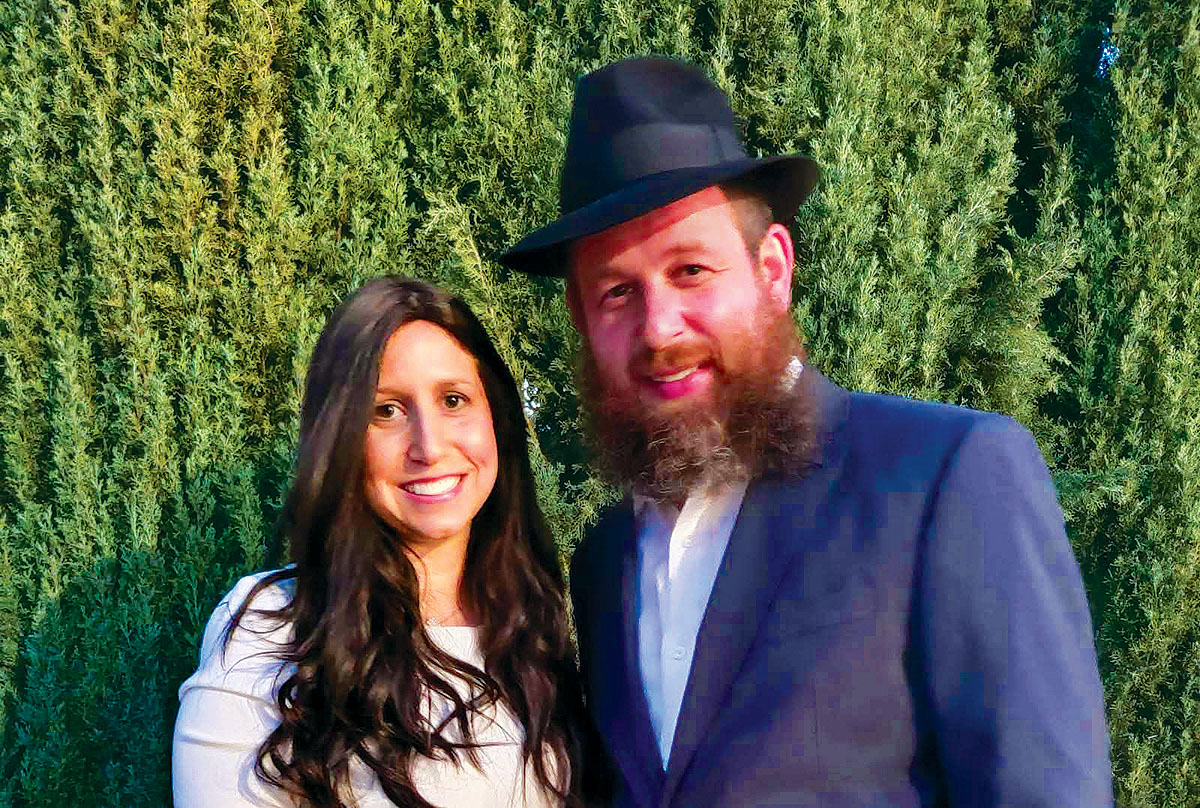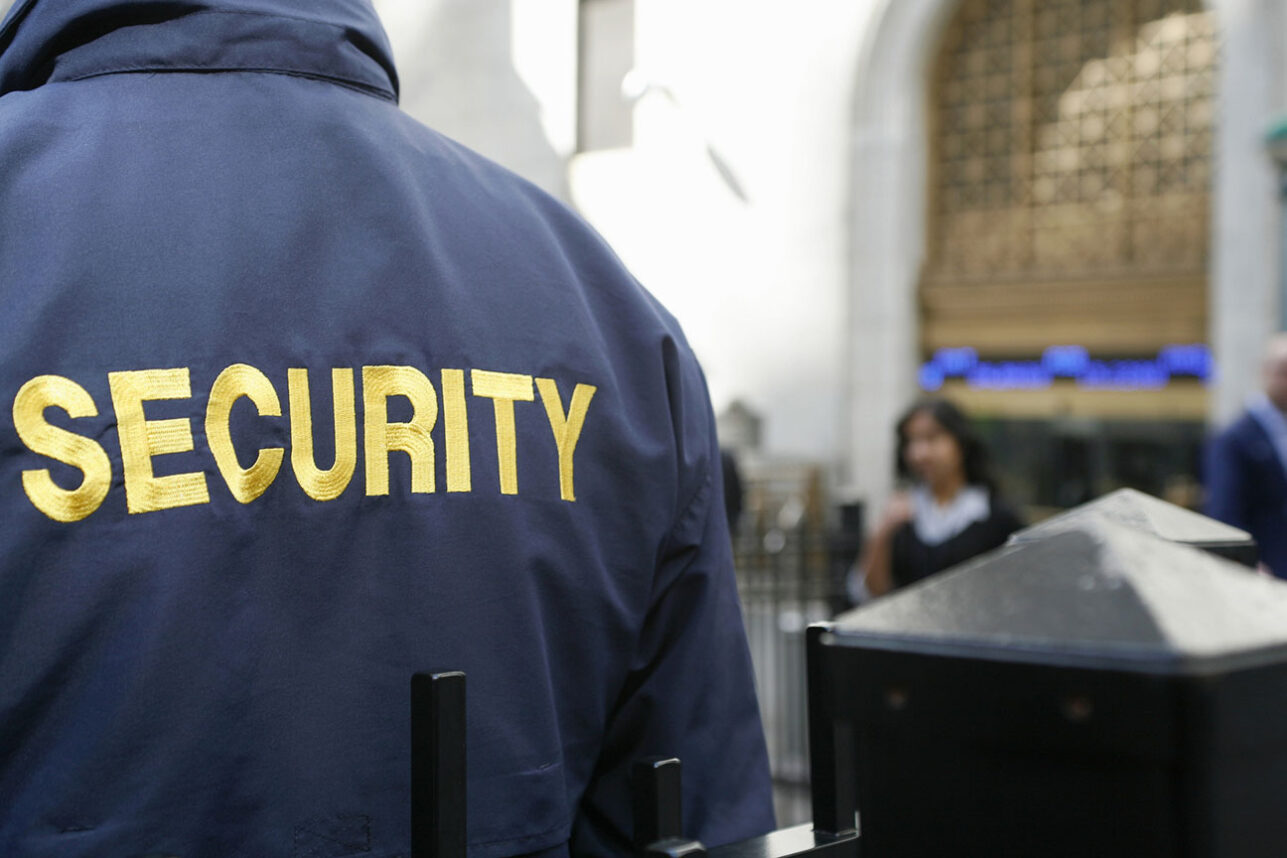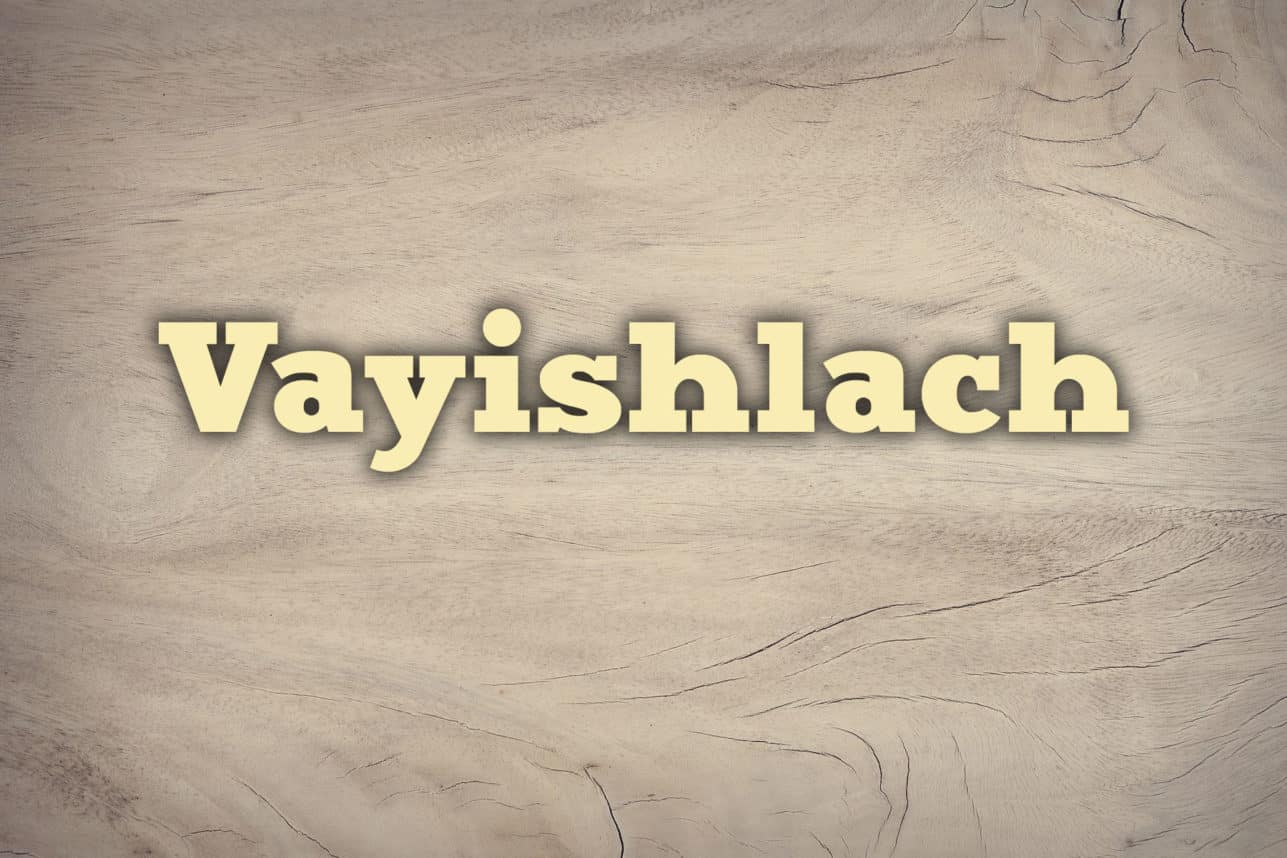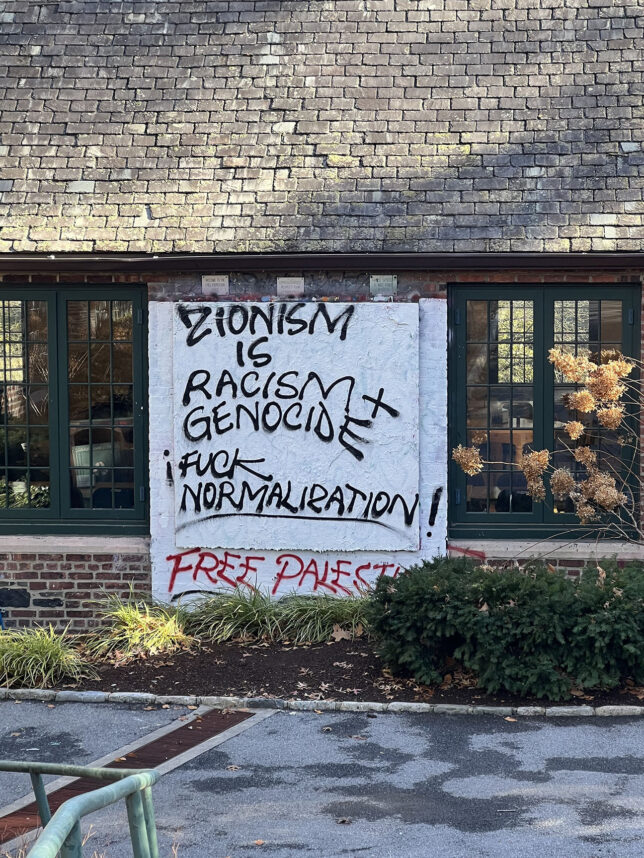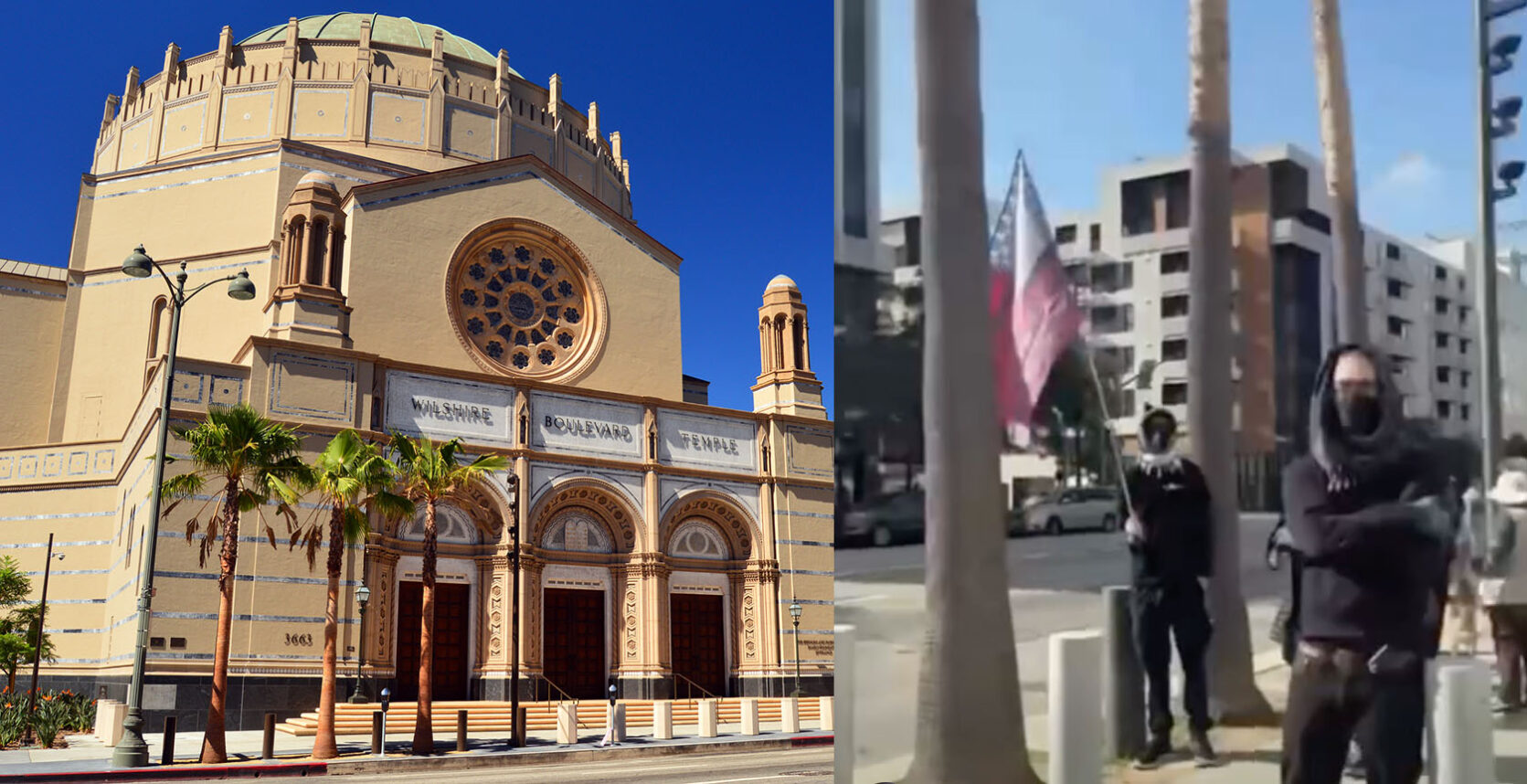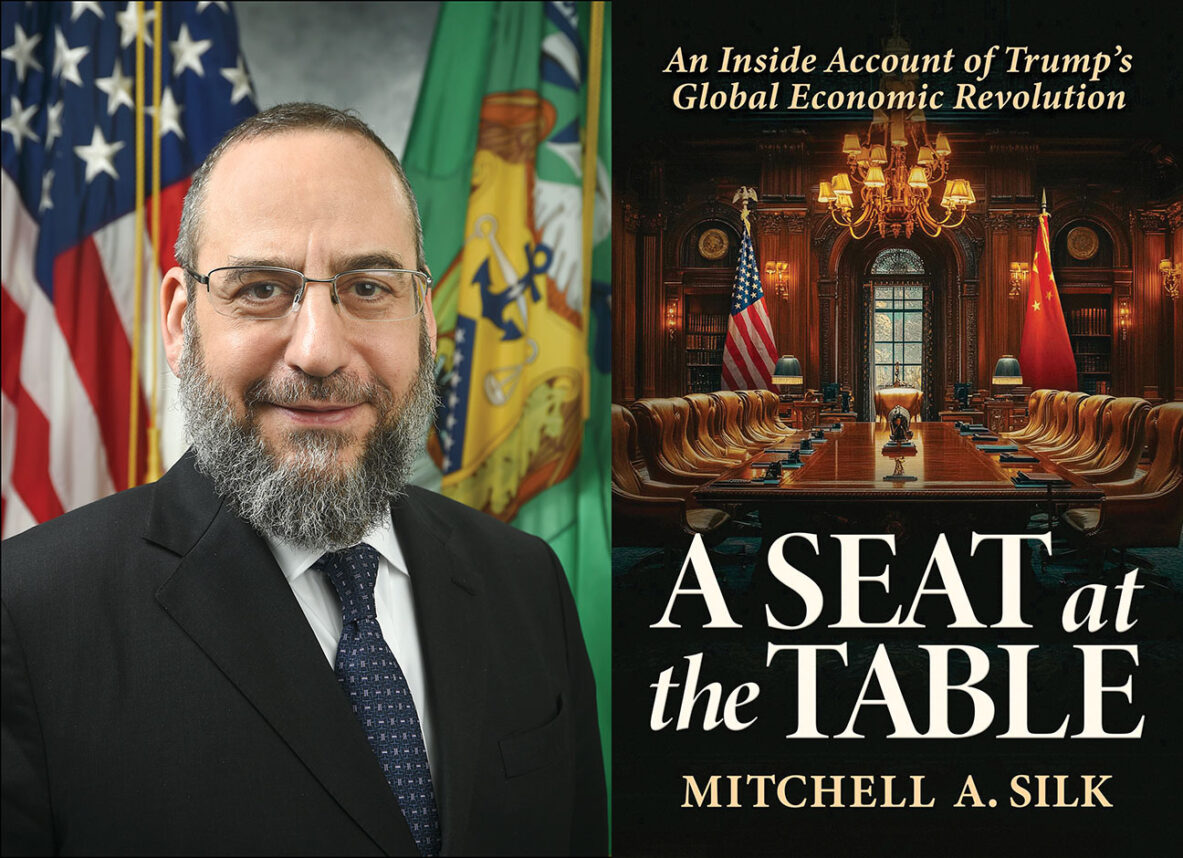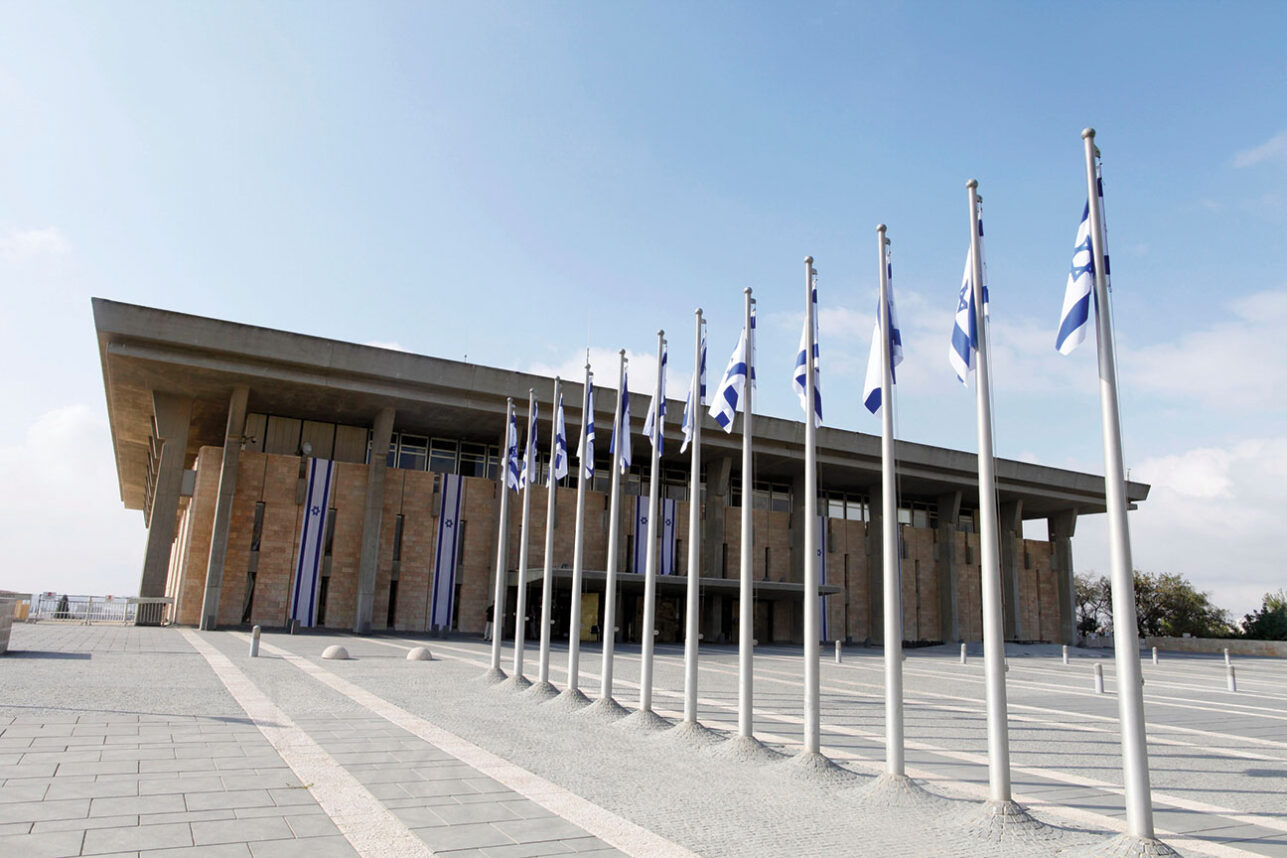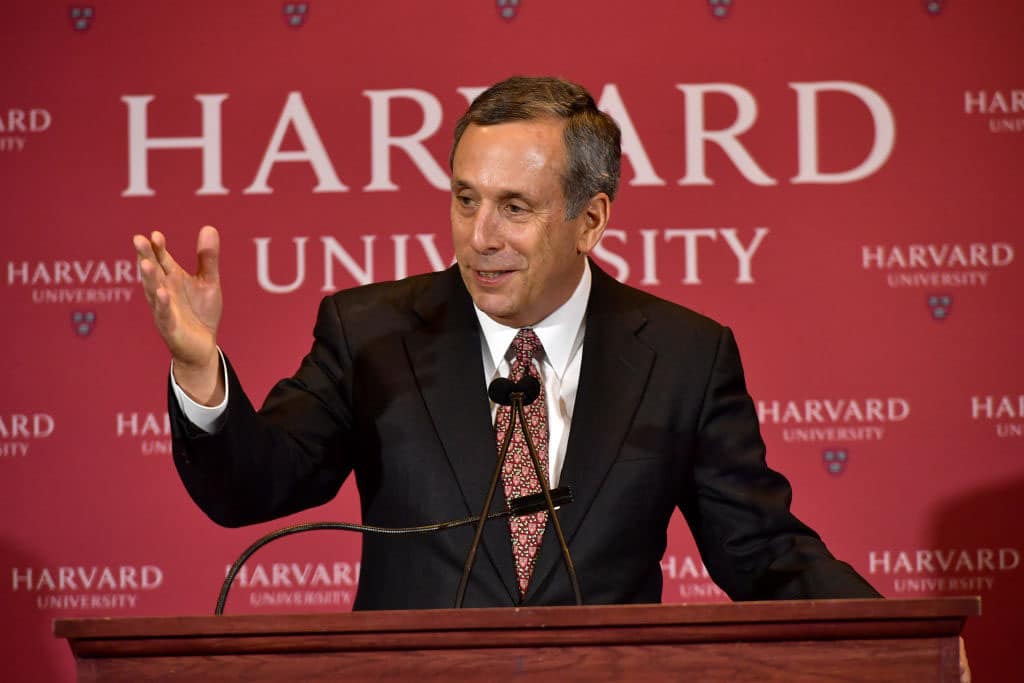
Harvard University President Lawrence Bacow has declined to comment on the Harvard Crimson’s recent editorial endorsing the Boycott, Divestment and Sanctions (BDS) movement but has voiced his opposition to general boycotts of Israel.
The Washington Free Beacon reported that during a meeting on May 3, Harvard Professor Eric Nelson told Bacow that over the past the couple of weeks, the Harvard Jewish community was “confronted with a massive display, allowed to stand throughout the Passover holiday in the middle of Harvard Yard, declaring with willful absurdity that ‘Zionism is white supremacy’ and using Holocaust imagery to suggest that Israel is to the Palestinians what the Nazis were to the Jews,” said Nelson. “The student group responsible for this display likewise invited to campus as a featured speaker Norman Finkelstein, who has made his negligible name by defending Holocaust denial. Then came the repeated vandalism of posters put up by Jewish students in response to these outrages, which in turn may or may not have been connected to the appearance of a swastika etched into a bulletin board in [the student dormitory] Currier House.” Additionally, the Crimson “officially pronounced itself to be in full support of this eruption of anti-Semitism on our campus and has furthermore called upon Harvard to join the BDS movement directed against the State of Israel,” Nelson said, asking Bacow on how the university should respond.
Bacow replied to Nelson by saying that he won’t comment on the editorial because “it is independent of the university, and, I think it is fair to say, the Crimson does not represent, or certainly the editorial board does not represent, the views of the university. The Crimson editorial board represents the views of the Crimson editorial board. We believe in a free press.” Regarding the recent antisemitic incidents on campus, Bacow said: “I would hope that every member of our community would condemn hatred and bigotry on our campus in any form, whether or not it appears as a swastika or a noose. Second, I think it is fair to say that I have been disappointed in the quality of discourse that we have seen expressed on campus on a variety of issues. I would hope that we could model the behavior that we would like to see in the rest of the world when we discuss difficult, challenging issues. Universities are places where we should be able to debate the great issues of the day and to do so with civility and respect. Calls to endorse individual or particular positions on these issues do not encourage debate; they actually quash it.”
Bacow concluded his response to Nelson by stating: “Let me be unambiguously clear: I think academic boycotts have absolutely no place at Harvard, regardless of who they target.”
The Crimson editorial endorsing BDS has come under fire. Former Harvard President Lawrence Summers denounced the editorial in a May 3 New York Sun op-ed and called for “all members of the Harvard community, including its current leadership, to make clear their righteous opposition to BDS’s antisemitism and those organizations who support it.”
Harvard Law Professor Emeritus Alan Dershowitz told the Free Beacon that the editorial “reflects a deep bias and ignorance of history” and is “sloppy journalism.” “One striking example is that it refers to Israeli police killing Palestinians, without mentioning that most of the Palestinians who were killed were engaged in terrorism against Israeli civilians,” he said.
Dershowitz elaborated further in a Letter to the Editor published in the Crimson on May 6, stating that while criticism of Israel is not inherently antisemitic, the editorial crossed the line into antisemitism because it indirectly supported “the end of Israel and its replacement by a Palestinian state ‘from the river to the sea.’ That is the goal of the BDS movement.” He added that BDS Co-Founder Omar Barghouti “refused to debate me precisely because I am a Jew who supports Israel’s existence? BDS singles out one nation from among the many with serious human rights issues, namely the nation-state of the Jewish people? That is antisemitism.”
The Harvard Law Professor Emeritus went onto argue that “no country faced with dangers comparable to those faced by Israel – both internal threats of terrorism and external threats of nuclear annihilation by Iran —has a better record of human rights, compliance with the rule of law, and concern for the lives of enemy civilians. Israel’s record is not perfect, but it is better than other nations facing comparable threats.” Dershowitz also noted that “no country in recent history has made peace with more of its enemies than Israel: Egypt, Jordan, Morocco, United Arab Emirates, and others” and that Israel has offered to provide statehood to the Palestinians several times through its existence, yet every time the Palestinians have rejected the offers.
Dershowitz further criticized the editorial for saying that Israeli government policies are an impediment to a two-state solution, but omitted the fact that the BDS movement opposes a two-state solution. Even Palestinian Authority President Mahmoud Abbas doesn’t support boycotting Israel, Dershowitz wrote. “Were this editorial submitted as a course paper, it would deserve a grade of C- — with grade inflation,” he wrote “Not for its points of view, but for its lack of honesty and selective presentation and omission of facts.”
Natalie L. Kahn, Associate News Editor for the Crimson and President of Harvard Hillel, also expressed her opposition to the editorial in a May 3 Crimson op-ed. “How many members of the Editorial Board can tell me the story of Israel’s history — numerous peace treaties the Palestinians have rejected, human shields used by Hamas to gaslight Israel, and thousands of Israeli civilians murdered by terrorists?” she asked. “What about the millions of dollars used by the Palestinian Authority in the West Bank for the “Pay to Slay” Program, rewarding terrorists for crimes against Israelis?”
She added: “Israel is not perfect, nor is any other country. But this editorial is part of a larger trend of singling out Jews, conveniently neglecting our half of the story — and by extension our right to self-determination — while claiming to ‘oppose antisemitism.’” Kahn wrote that despite her disagreement with the editorial, she will not be resigning from the paper.










